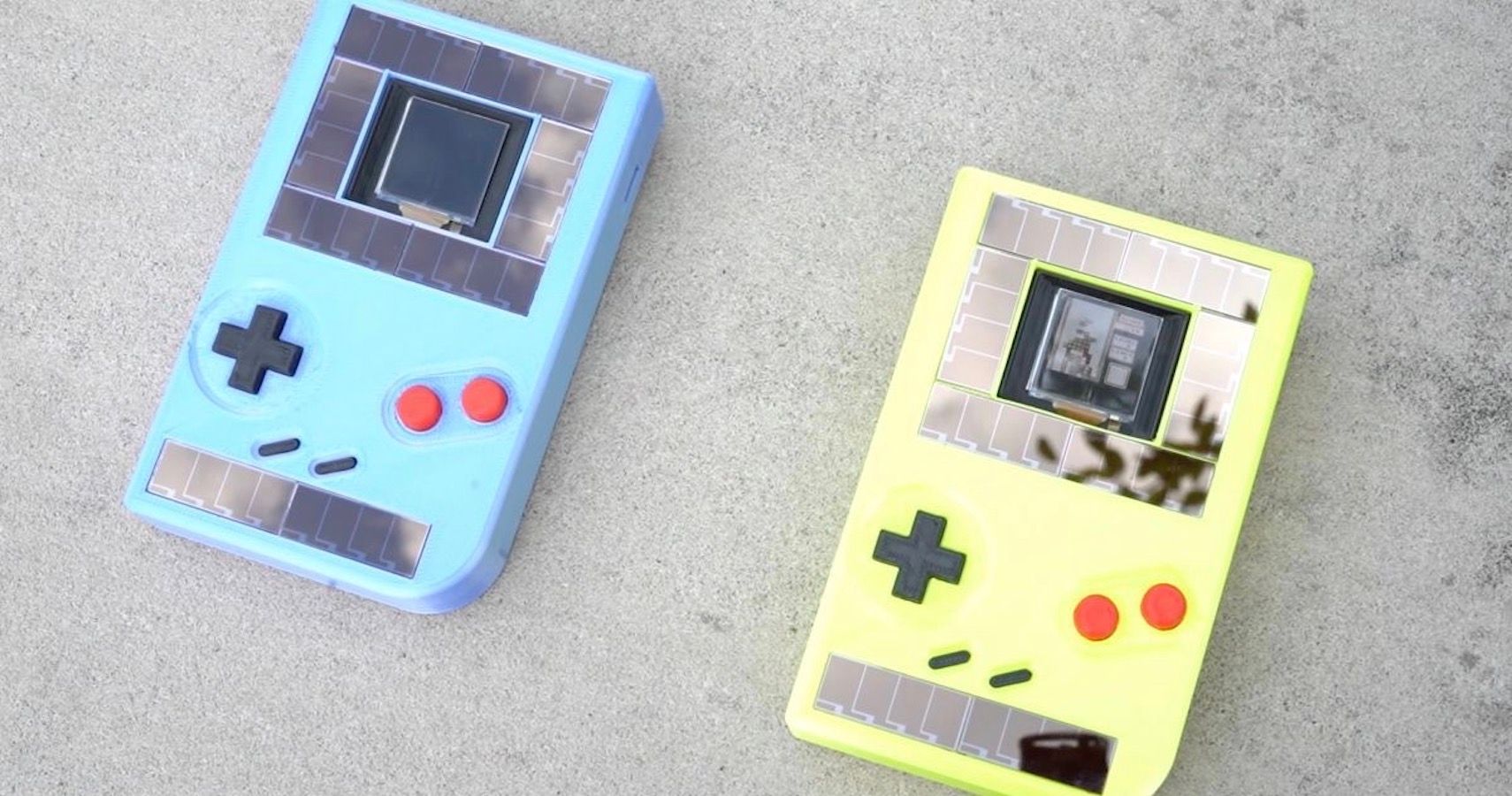The original Nintendo Game Boy, an 8-bit handheld game console released in Japan on April 21, 1989, influenced a generation of handheld game consoles and received praise for its battery life and durable construction. Now, researchers at Northwestern University, partnered with the Delft University of Technology in the Netherlands (TU Delft), have taken the console to the next level, creating the first battery-free Game Boy.
According to Northwestern’s Josiah Hester, assistant professor of electrical, computer science, and computer engineering, “It’s the first battery-free interactive device that harvests energy from user actions. When you press a button, the device converts that energy into something that powers your gaming.”
Hester has collaborated with TU Delft’s Przemyslaw Pawelczak, Vito Kortbeek and Jasper de Winkel on the project, which implements an “energy-aware gaming platform” or ENGAGE that resembles the original Game Boy but incorporates a set of solar panels. The new Game Boy has been designed to harvest and recycle energy to power up the system, play game cartridges and work in adverse conditions.
The aim was for the entire system's hardware and software to be energy efficient. In order to avoid power failures, the console stores the system state in non-volatile memory, enabling immediate restoration if power is lost and allowing players to pick up where they left off if they should lose power. By getting rid of the batteries, the team has taken a giant leap forward in sustainable gaming.
Over time, energy requirements have increased as consoles become faster and feature more powerful graphics. Battery-powered devices have a significant impact on the environment since rechargeable lithium-ion batteries require intensive mining that pollutes local water sources. In addition, few devices are properly recycled. It is estimated that in the United States only 30% of e-waste is recycled while the rest ends up in landfills.
The team will present their research virtually at UbiComp 2020, a conference at which leading international researchers, designers and developers highlight breakthroughs in computing, on September 15.
Source: N4G

